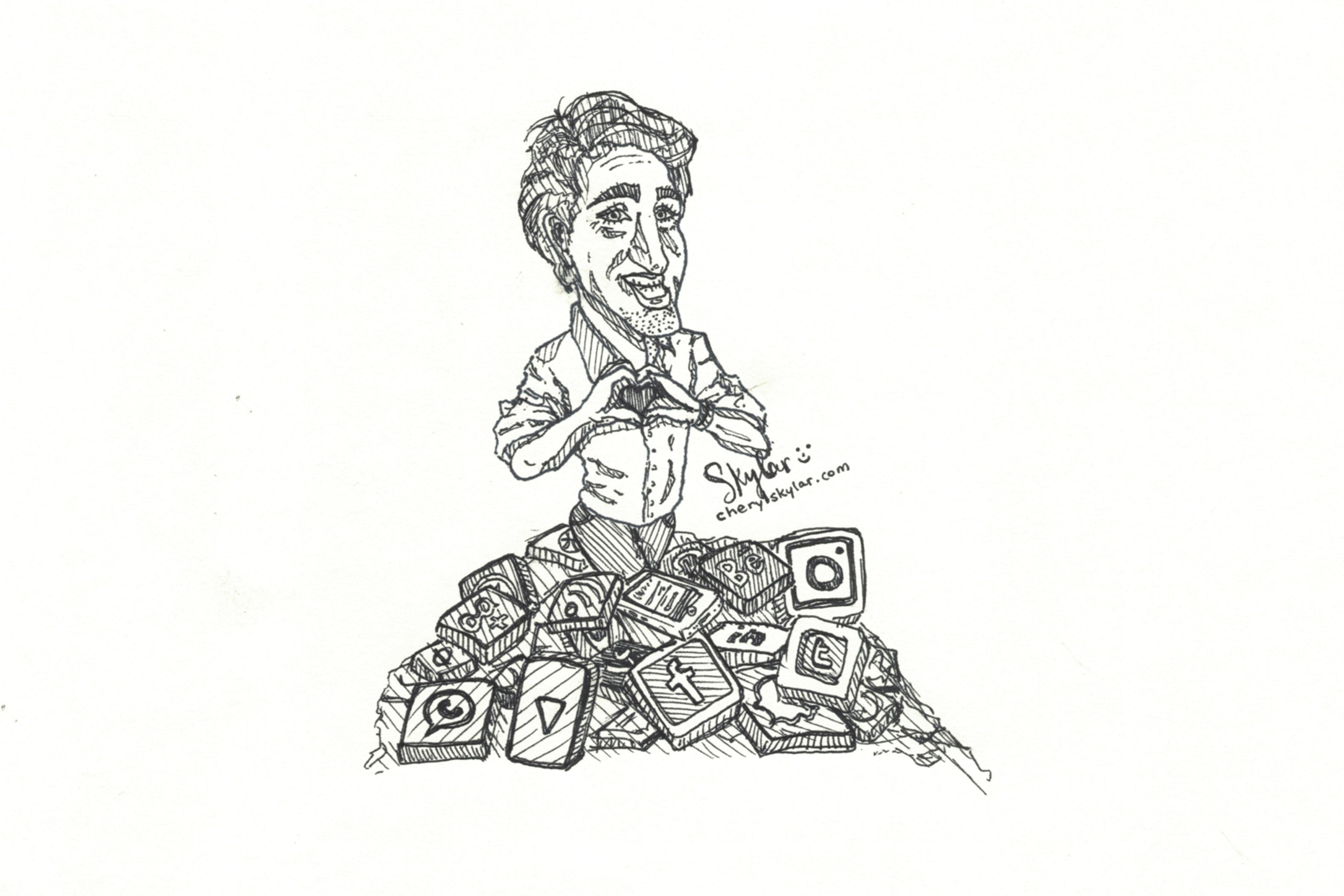Cast your mind back to 1787. A major revolution has just shocked the political climate of colonial America, and the writers of freedom are in an ideological war to amend the US Constitution. Under the pseudonym Publius, Alexander Hamilton, James Madison, and John Jay write a selection of articles and essays that are published in a variety of news publications and journals between 1787 and 1788. The Federalist Papers become an anonymous contribution to the debate on constitutional ratification, with enduring political influence.
The art of writing to express opinions has both preceded and followed the works of the Founding Fathers. Today, though, writing manifests very differently: online. Perhaps it isn’t as beautiful as the quill and parchment combination, but the politicians of our day have found solace and self-expression in ‘Send Tweet’ and ‘Share Post’ buttons. For better or for worse, audiences are no longer spatially or temporally bound.
In 1960s China, Chairman Mao Zedong depended partly on the distribution of his Little Red Book of quotations to spread his tenets. Under his rule, the Ministry of Culture aimed to distribute it to the entire population. But that was then. Who reads whole books these days? In contemporary America, President Donald Trump’s red-hatted Make America Great Again coalition depends on less than 280 characters for its leader’s wisdom. His tweets are blasted across the international stage at all hours, often ridden with spelling and grammar errors and meme-making mistakes.
In many ways, social media has opened the doors for free speech on an unprecedented scale. In fact, our culture is saturated — to the point of bursting — with opinion. But how does this influence political discourse and how everyday citizens engage with their representatives?
For one thing, social media helps to hold leaders and public figures accountable. For example, subreddit r/TrumpCriticizesTrump was created to immortalize and criticize Trump’s old tweets, and exemplifies the ability of social media to highlight hypocrisy. Another prominent example is in the case of former FBI director James Comey and the investigation on Russia, wherein Trump vehemently denied pressuring Comey to not look into Michael Flynn. However, tweets dug up from 2016 from Trump’s own archive reveal accusations against Comey for trying to block investigations into Hillary Clinton’s emails during the elections. The enduring nature of social media can even help constituents testify against politicians, who are quick to go back on their word. While relying on shame isn’t always the most politically productive avenue, it’s absolutely part and parcel of our new media culture.
Each tweet, like, and share is now a political statement — and each user is accountable for their past beliefs and ideas. With over 500 million tweets posted a day, it’s safe to say that the shape of political discourse is constantly shifting and changing. Topics, ideas, and even political actors seem to exist in a constant state of flux. Who knows what the world will look like next week, never mind next year?
Social media is paradoxical in the ways in which it influences politics, however. Although it helps enable free speech in some countries, it can also cocoon discussions in siloed spheres of influence. Information may be far more accessible today, but in an era suddenly flooded with fake news, political discussions remain saturated with toxicity. With so many voices clamouring to be heard, claiming they have the one, objective truth, who are we supposed to believe?
Part of the beauty of the pseudonyms of the past is that discourse and writings could be consumed without bias or judgement. Social media is, to an extent, able to reproduce this for some people who choose to surf the web behind a different identity. But for those whose opinions really impact the future, it means that ideas are directly given and weighted with an identity. As noted in Science, “About 47 percent of Americans overall report getting news from social media often or sometimes, with Facebook as, by far, the dominant source.” The influence of social media is undeniable, but it is also nebulous and hard to regulate.
Our personal politics remain subject to the heavy influence of social media. The risk of consuming falsified information, on top of the speed at which political discourse moves on the internet, limits our ability to digest new ideas and form our own opinions. This is the toxicity that I fear will plague forthcoming discussions as leaders like Trump continue to use social media as their presidential podiums.
I have to wonder: where do we go from here?
